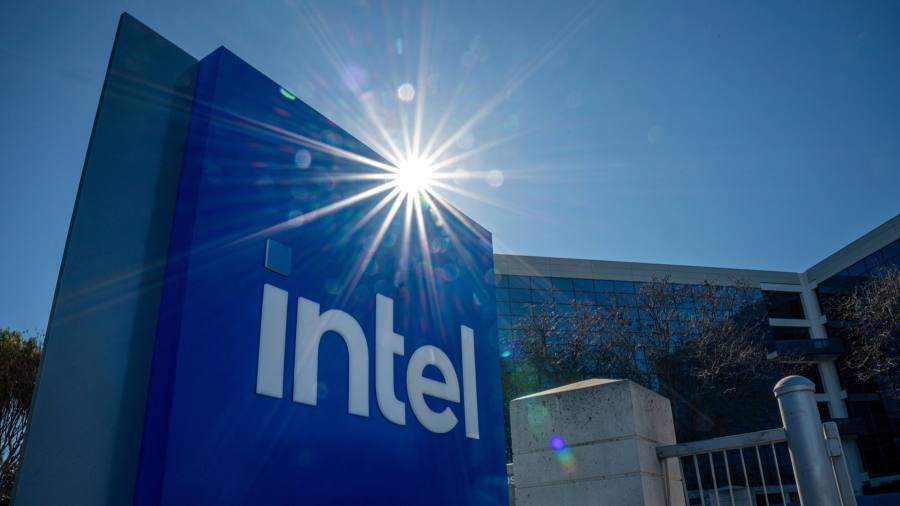Intel is to build a $4.6bn semiconductor assembly and testing plant in Poland, as the US chipmaker bets that Berlin will yield to its demands for more subsidies in relation to a planned manufacturing facility across the border in Germany.
The plant in Wroclaw will help meet “critical demand for assembly and test capacity” that Intel says it expects to be ready by 2027. That is also when its €17bn wafer manufacturing facility in the German city of Magdeburg is expected to be up and running.
But the US chipmaker has, since announcing its German plans last year, launched into tough negotiations with Berlin, arguing that inflation and higher energy costs have rendered the €6.8bn in subsidies that the government originally pledged for the project insufficient.
Intel is now demanding an additional €4bn in government support — a sum that Germany’s finance minister Christian Lindner ruled out in an interview with the Financial Times. “There is no more money available in the budget,” Lindner said two weeks ago.
The German media has, however, been reporting that Berlin might be yielding to Intel’s demands.
Several European countries are racing to reduce their reliance on Asian suppliers of semiconductors, after a shortage caused by the pandemic wreaked havoc in several of its important industries.
The chips that Intel specialise in, though, are not the type on which, for example, Europe’s large automotive industry depends. It has led critics to question whether Berlin’s wooing of Intel is the best use of taxpayers’ money.
Intel, which also manufacturers wafers in Ireland, said the Polish facility was expected to create 2,000 jobs.
Poland’s prime minister Mateusz Morawiecki said he was “excited to expand Poland’s role in the global semiconductor supply chain”. Intel’s largest research and development centre in Europe is based in the Polish city of Gdansk, where it employs about 4,000 people.
The Polish government did not immediately respond to a question over how much it would pay Intel to build its plant in the country.
Intel declined to say what amount of subsidies it would receive from Warsaw but said that, “like in all locations where it operates, Intel will pursue appropriate incentives . . . to ensure its operations are globally competitive”.
One person close to Intel chief executive Pat Gelsinger, who was in Wroclaw on Friday, said he would, after a short stopover in Gdansk, travel to Berlin for continued negotiations with the German government.


























































![Mason Ramsey – Twang [Official Music Video] Mason Ramsey – Twang [Official Music Video]](https://i.ytimg.com/vi/xwe8F_AhLY0/maxresdefault.jpg)



















